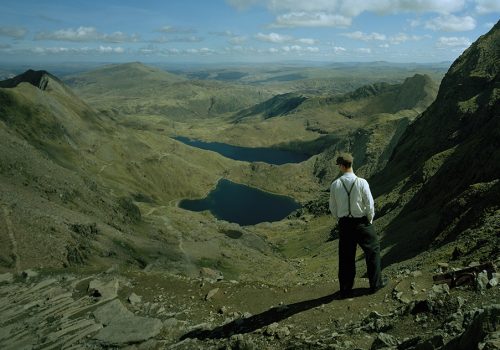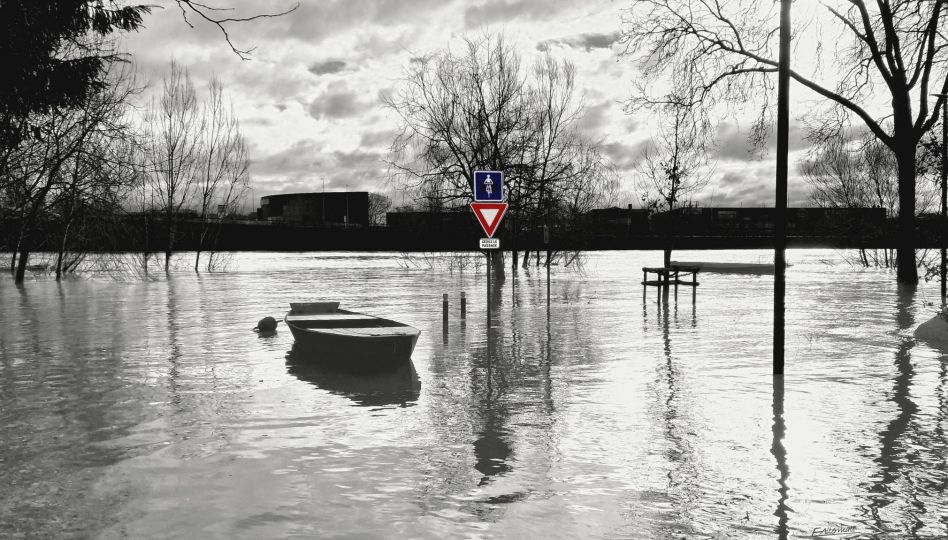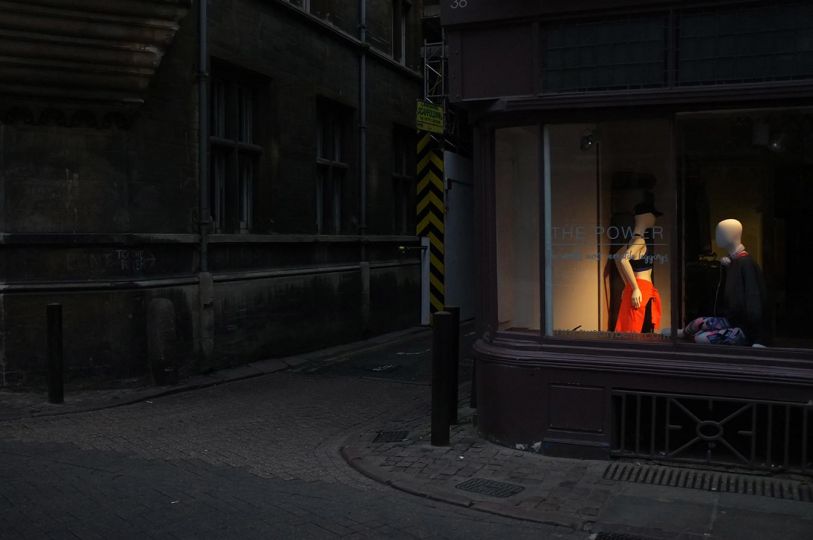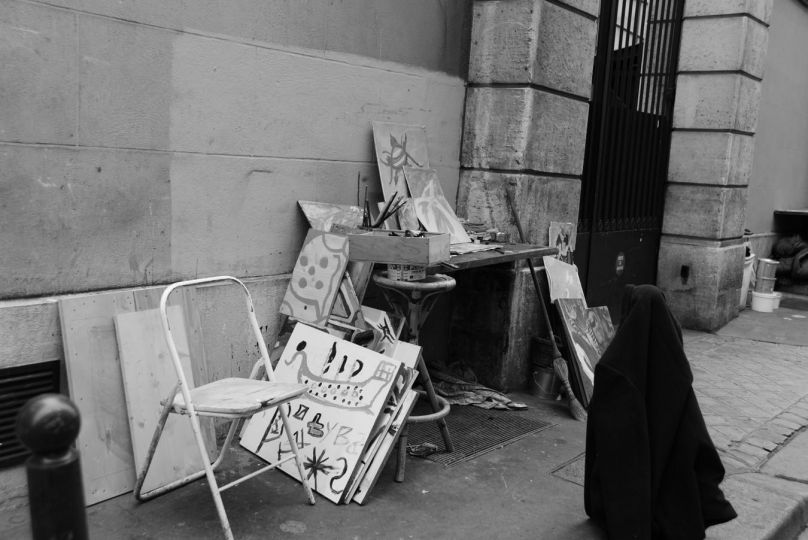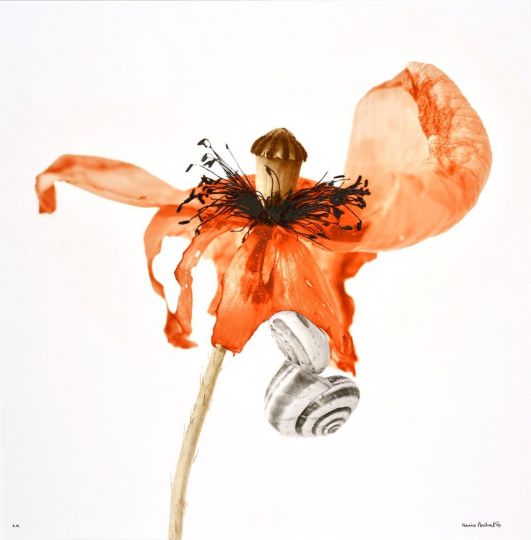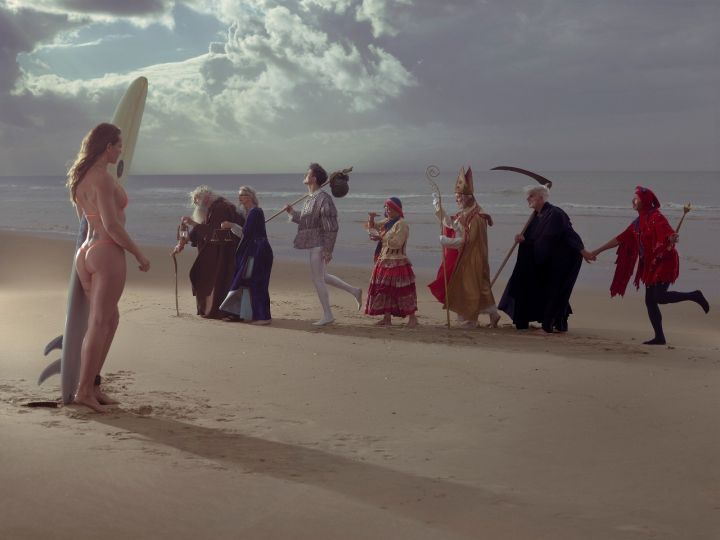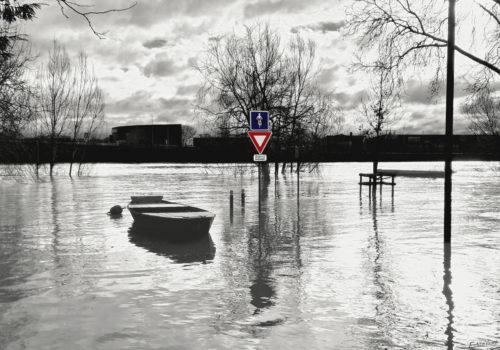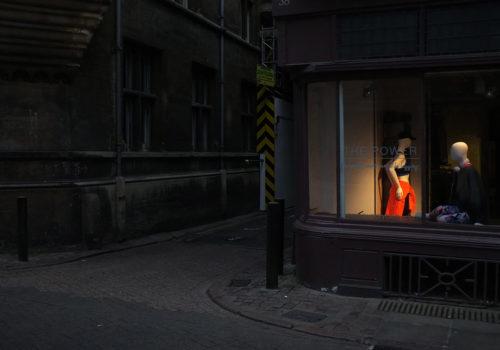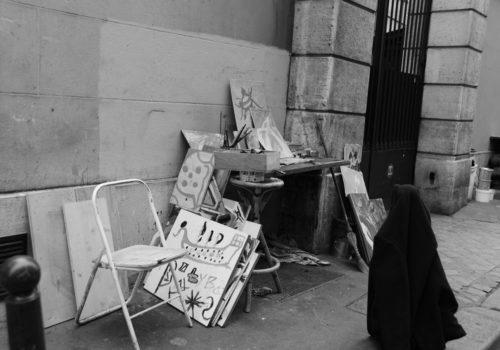Quinn is the fictional story of a young man, William Henry Quinn, who walks from the south-west of England to the far north of Scotland at the end of the Second World War.
Although fictional, the work is a response to the real experiences of young men and women who have suffered trauma as a consequence of conflict and personal tragedy, often leaving them adrift from their past and unsure of their futures.
As lives are changed forever, changes imposed by disasters – natural and man-made, by social and economic crises, by war and violence people go in search of a new life, travelling in any way they can to find a new home, a new purpose and to rebuild their place in the world.
As William Henry Quinn travels on his odyssey, we travel with him on his physical and metaphorical journey through the British landscape, which is both changed and unchanged since the 1940s. The ancient lanes and paths along which Quinn and others have walked remain as they were then, and yet with the immutability of change and the unremitting nature of time passing, lives and memories change and fade. As we learn his story, we come to understand more about our own search for existential meaning, and ponder our own purpose in life.
Quinn is a meditation on grief, loss, loneliness, the human search for meaning, and the possibility of redemption through time and landscape. It brings the past into the now and leaves us to wonder about the future.
“The greatest hazard of all, losing one’s self, can occur very quietly in the world, as if it were nothing at all…. I have walked myself into my best thoughts, and I know of no thought so burdensome that one cannot walk away from it. Thus if one just keeps on walking, everything will be all right.”
Søren Kierkegaard
FORMAT19: Crich Museum, Crich 15th March – 14th April

